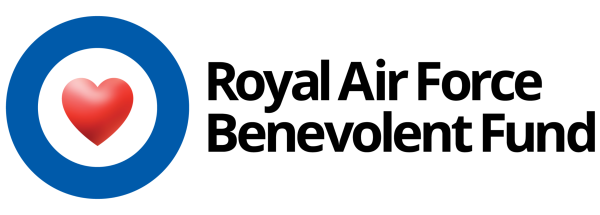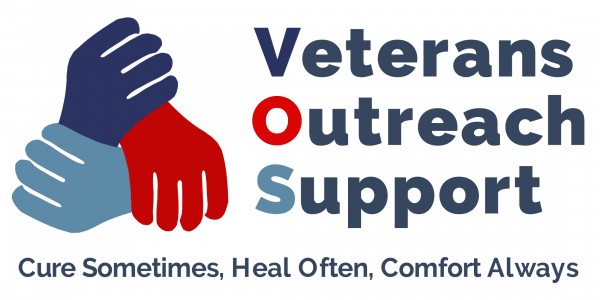A new report has highlighted the complex ways in which military life can influence Service partner alcohol use and other lifestyle behaviours.
The research, conducted by the King’s Centre for Military Health Research (KCMHR), King’s College London, used diaries and interviews with mostly female partners of men who were serving, or had served, in the UK Armed Forces to better understand what influenced their alcohol use.
This FiMT-funded study set out to identify the social, cultural, military and health-related factors affecting the alcohol use of military and veteran partners. Participants highlighted pressures that included the impact of the uncertainty over future plans, managing stress or boredom, and saving drinking for social occasions with friends or military events, or the return of serving partner at the weekends.
Reasons for not drinking were also described, including repeated postings to new geographical areas that fragmented social networks resulting in fewer opportunities to drink, and frequent separations that meant the non-serving partners were often the only parent at home and so decided not to drink alcohol until their partner returned. There was also evidence that participants avoided or adjusted their alcohol use for physical or mental health and wellness reasons, or in some cases, substituted alcohol use with unhealthy eating behaviours.
Researchers then conducted a review to identify alcohol support programmes available to the partners of military and ex-military personnel.
Of the 50 programmes found that were available to Service families, the majority were aimed at the general population. The remaining programmes existed either for veteran users specifically or for family members looking to support their veteran family member’s alcohol issues . No alcohol support programmes that catered specifically to military or ex-military partners were identified, meaning a lack of support cognisant of the military-related drivers that may be impacting their alcohol use.
Recommendations
The report made a number of recommendations for public health bodies and service providers. A full list of these can be found in the full report:
- The report recommends that public health messaging should draw on wider lifestyle incentives other than health to motivate alcohol reductions among military partners. This could be through motivators identified in the research such as better sleep and improving energy levels. Messaging on what level of drinking may constitute risky levels would also be helpful.
- Alcohol support aimed at serving and ex-serving personnel should consider widening their eligibility to include family members, allowing them to access support that is aware of military-related family pressures. This includes digital supports and apps.
- The MoD’s UK Armed Forces Families Strategy should incorporate an equivalent to the ‘Lifestyle’ health priority which is outlined in The Defence People Health and Wellbeing Strategy 2022-27.
Dr Rachael Gribble, Lecturer in War and Psychiatry at King’s College London, who led the research team said,
“The study is the first to qualitatively explore alcohol use among the partners of UK military personnel.
“This study provides an insight into how the complex and unique rhythms of military life impact partners lifestyle behaviours, and although it centres on alcohol use, it also demonstrates how these same rhythms influence other lifestyle behaviours among Service partners as well. We hope this evidence can start to push for better targeted support that understands the military context to improve the health and wellbeing of Service families in the UK Armed Forces community and open up opportunities for better understanding of the experiences of partners within military families.
“We are so grateful to the participants that got involved with the research without whom this would not be possible and our stakeholders for supporting the work.”
Sarah Clewes, Chief Executive of The Naval Families Federation
“The Families Federations were pleased to work with the research team from KCMHR and Kings College London, on this health and wellbeing focused project for partners. As the research has identified, there is a lack of bespoke support available to non-serving partners and we hope that this report, and the recommendations made by the team, provides the evidence required by policy makers.
“We are grateful to those partners who took part in the Study; their honesty and willingness to share their own lived experiences has informed this important research and this will hopefully lead to improved provision.”
Michelle Alston, Chief Executive of Forces in Mind Trust said,
“Service life presents opportunities and challenges for military families and this study has helped to increase our understanding on how these may impact their health and wellbeing.. The unique pressures military families can face can all affect their health and wellbeing and it is therefore important to understand these to ensure access to appropriate support for military families. Military partners make an significant contribution to our Armed Forces community and we must ensure that the policies and support recognise this key role in the Armed Forces community.”


















